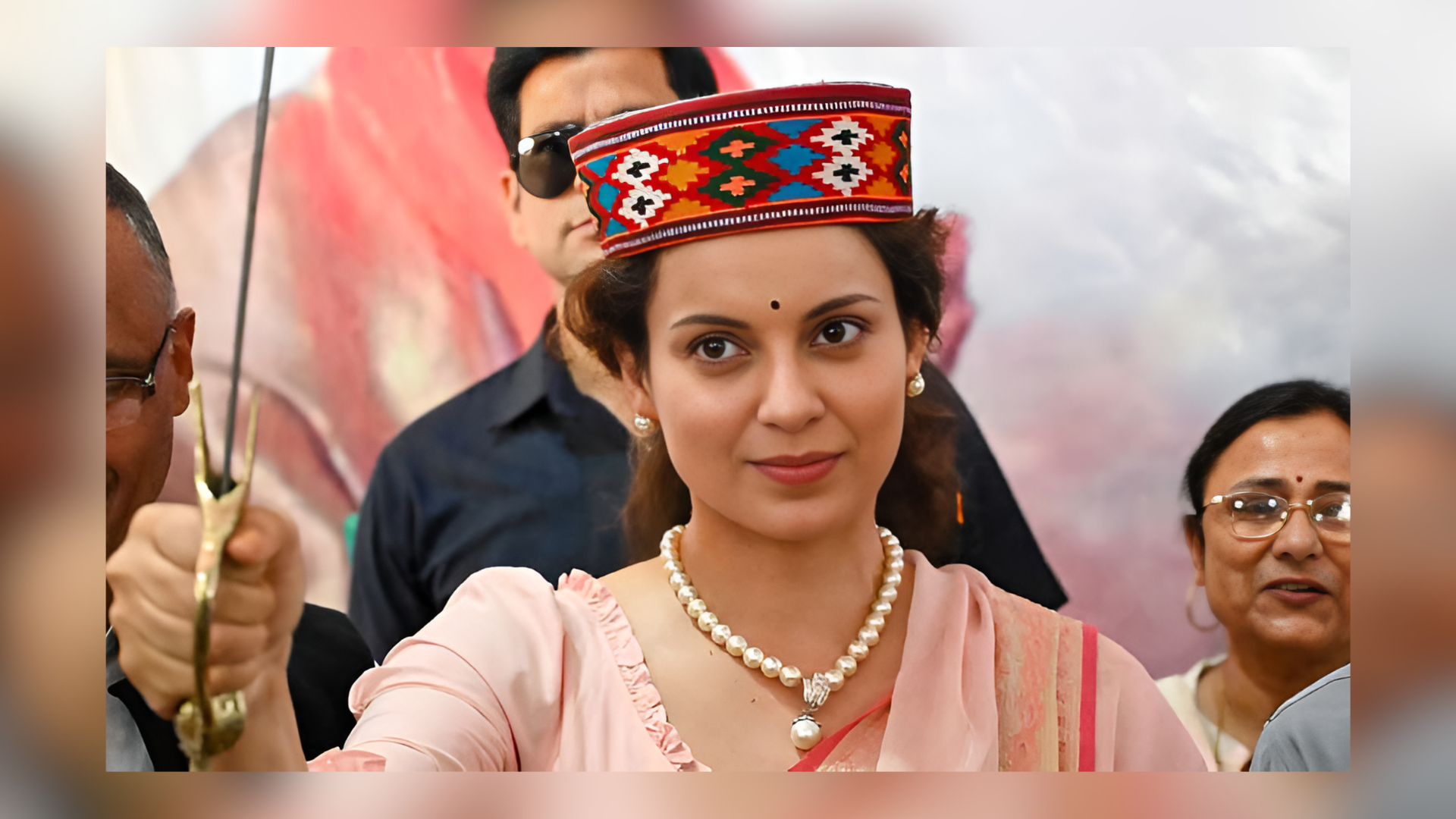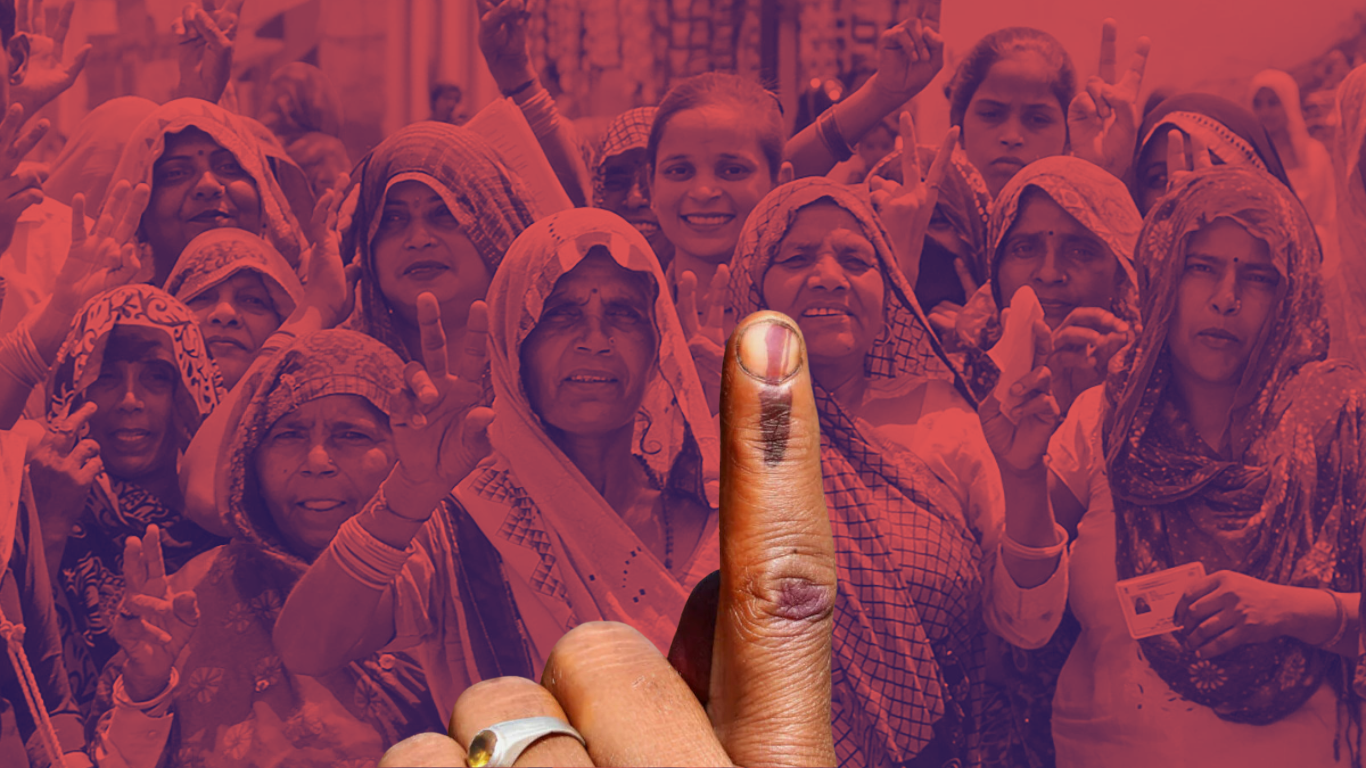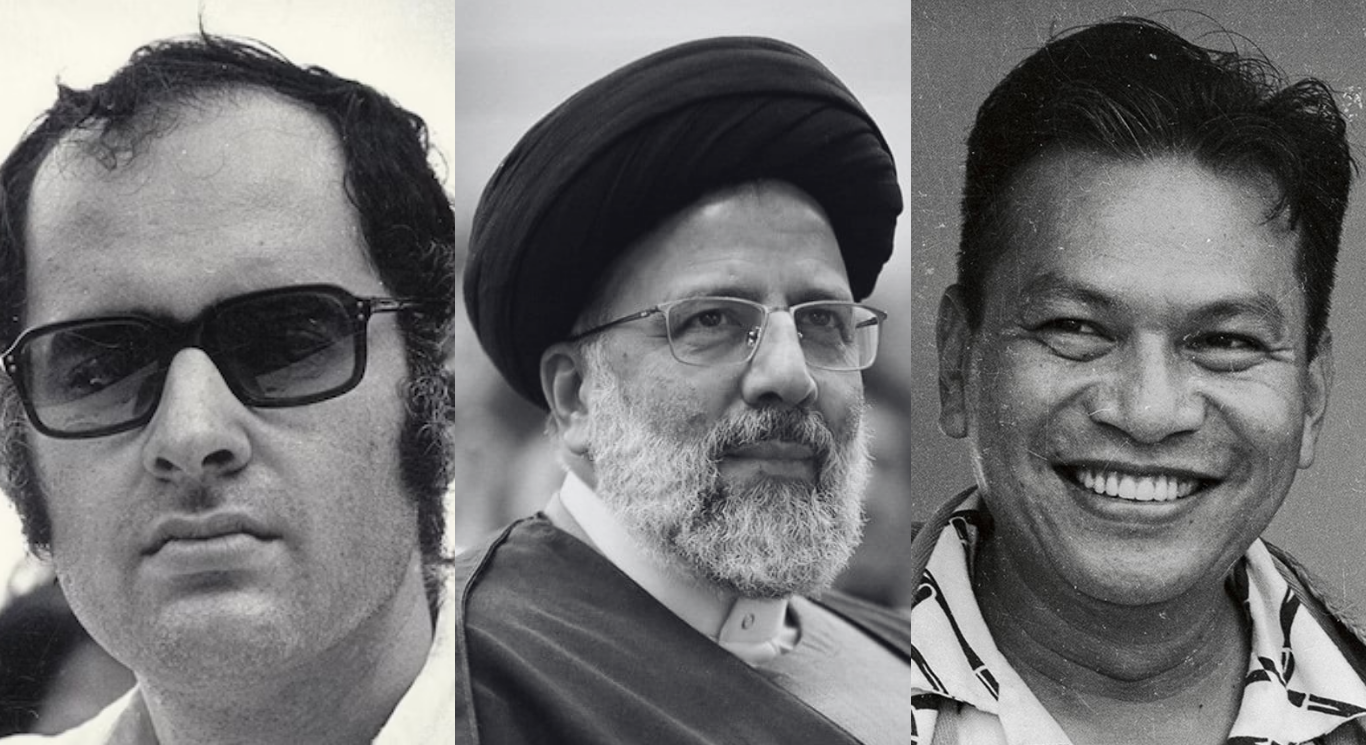


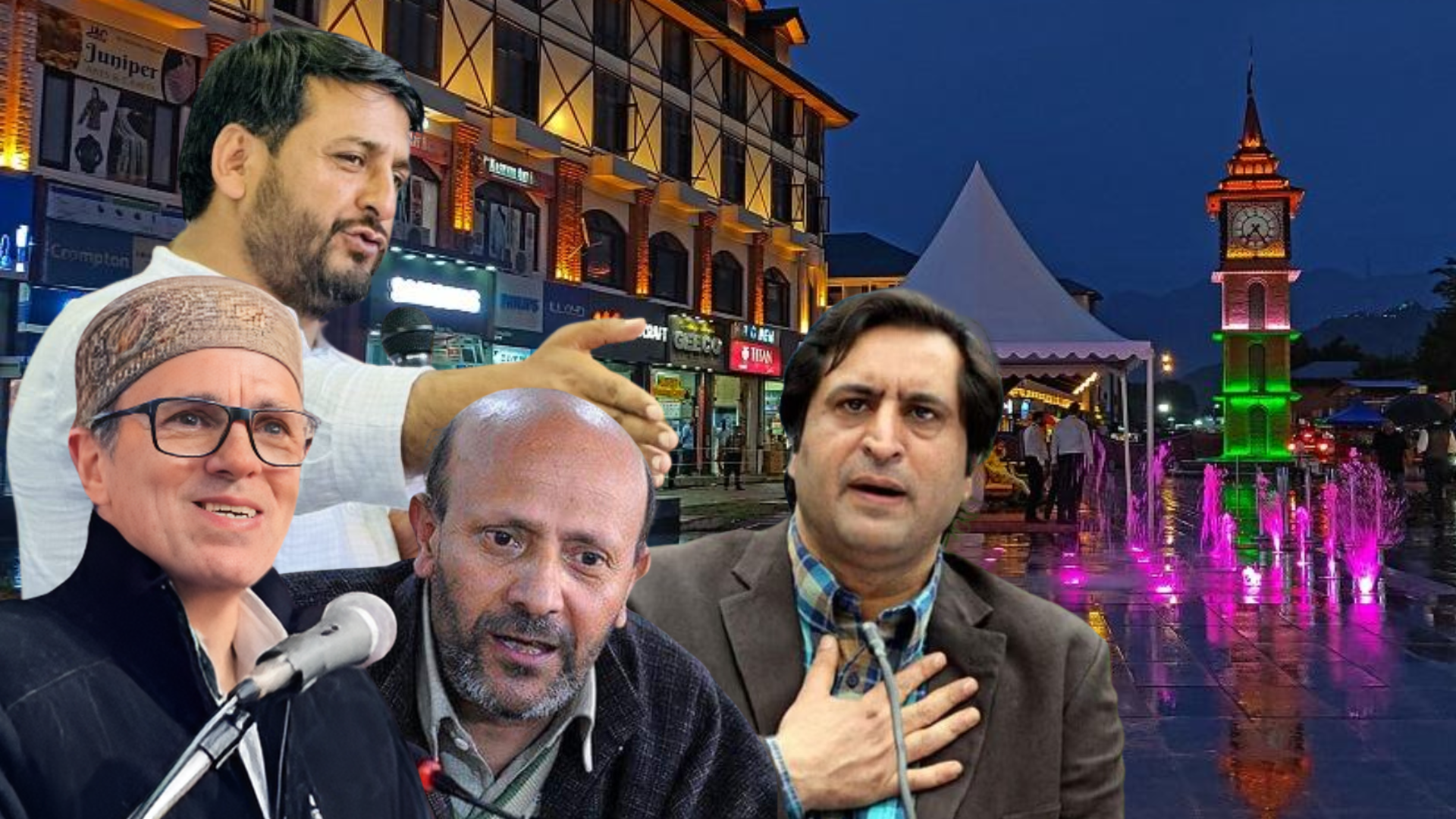
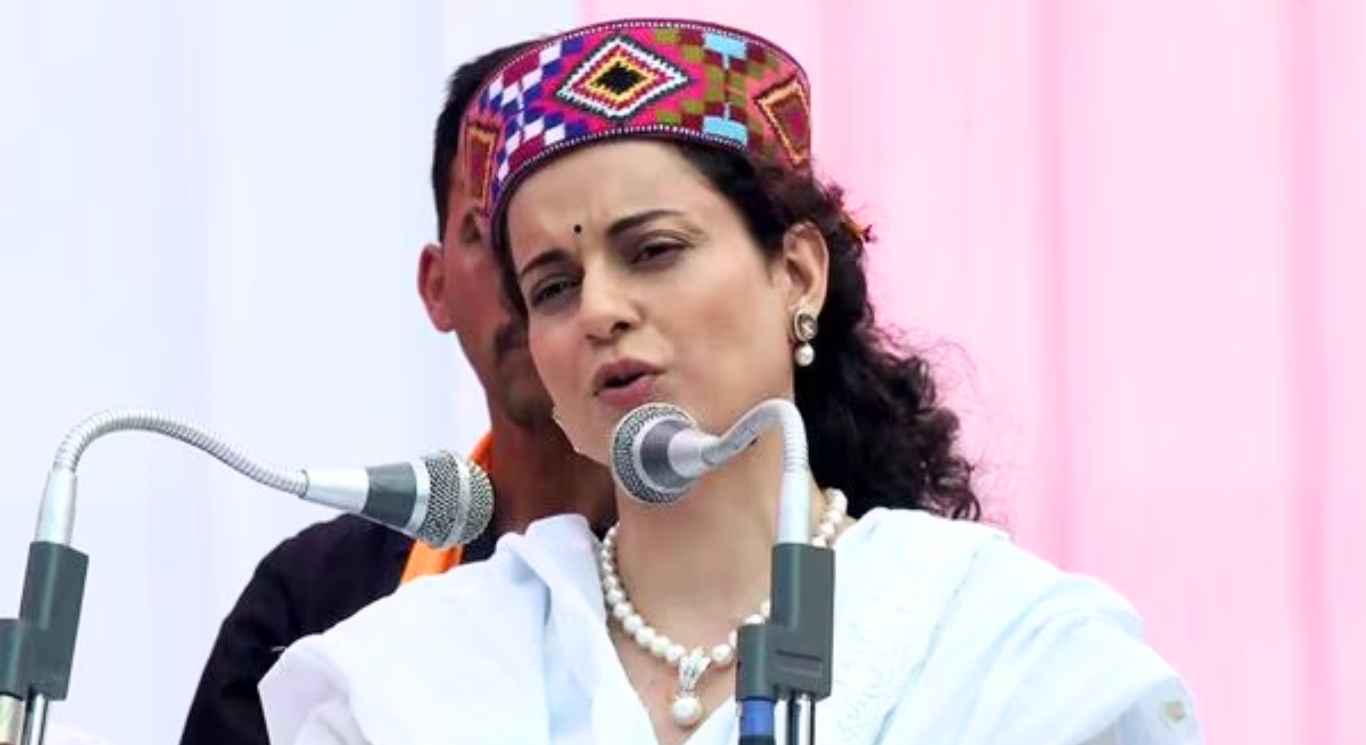
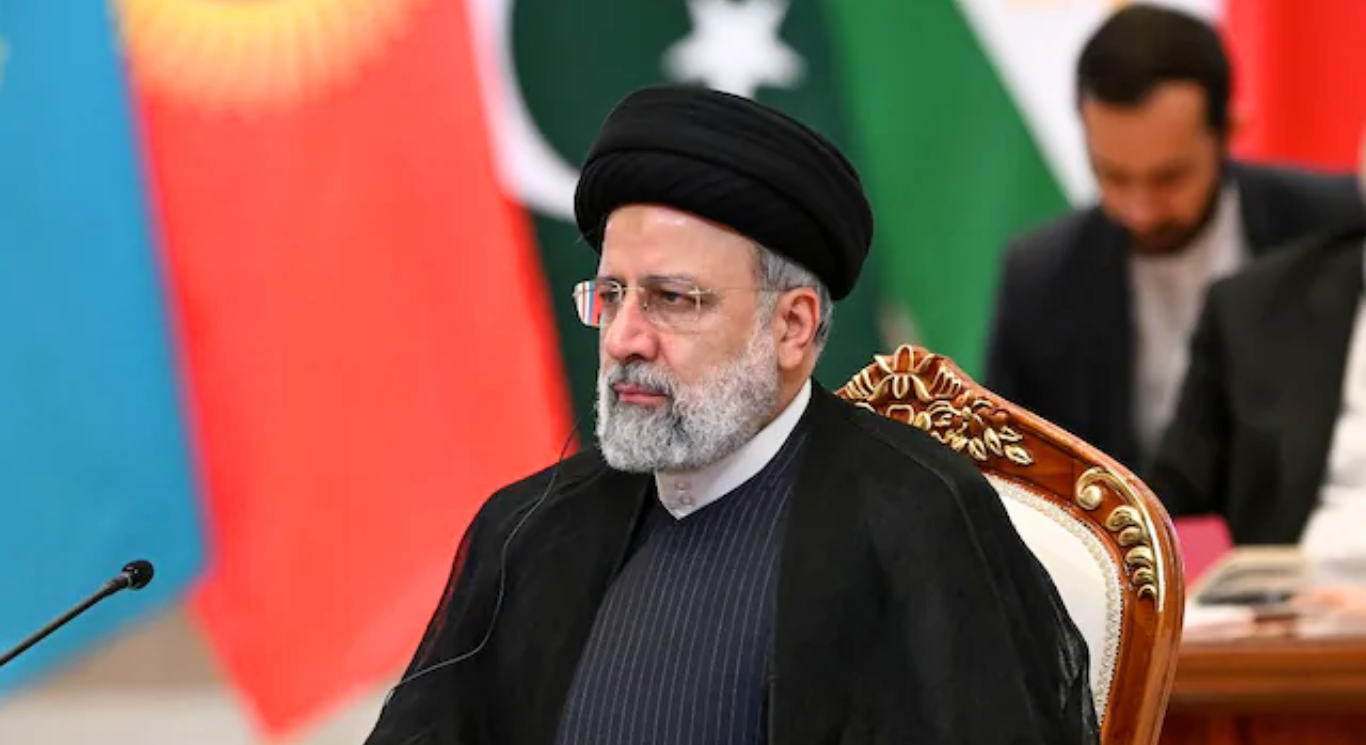
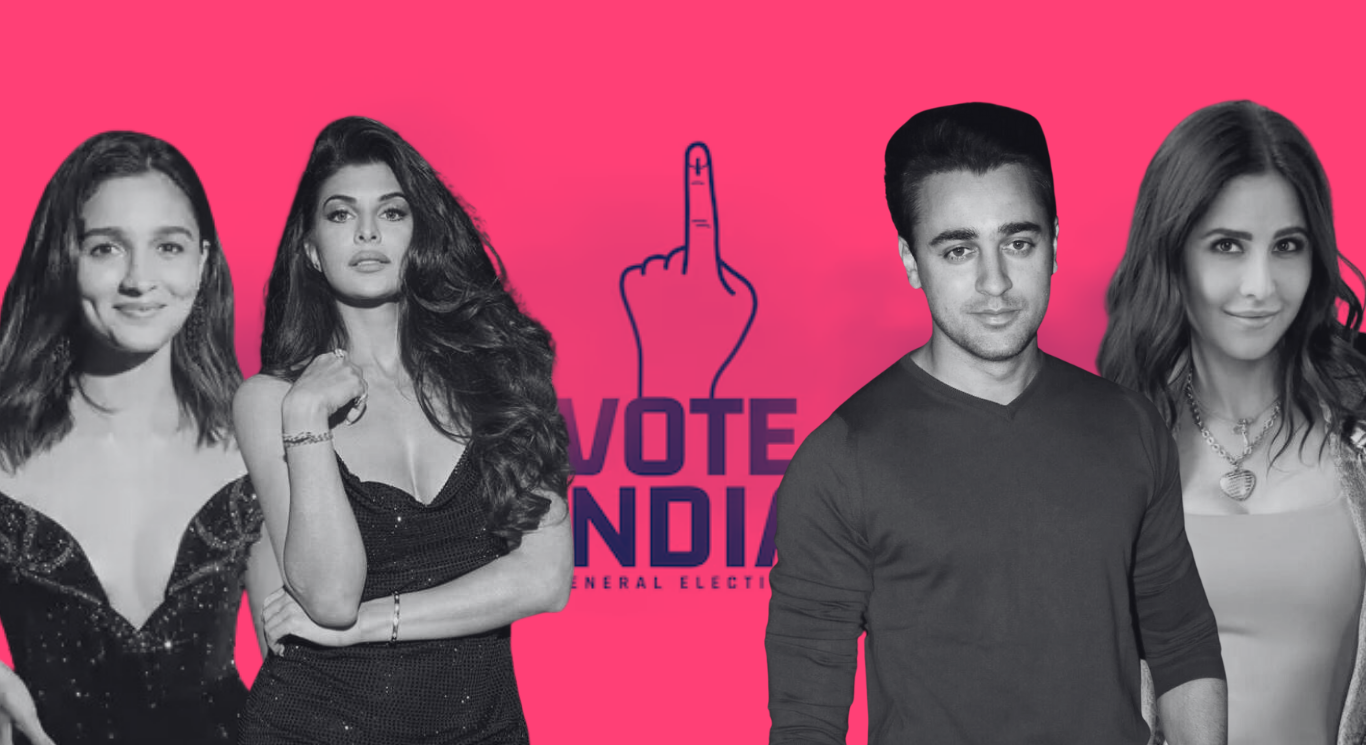
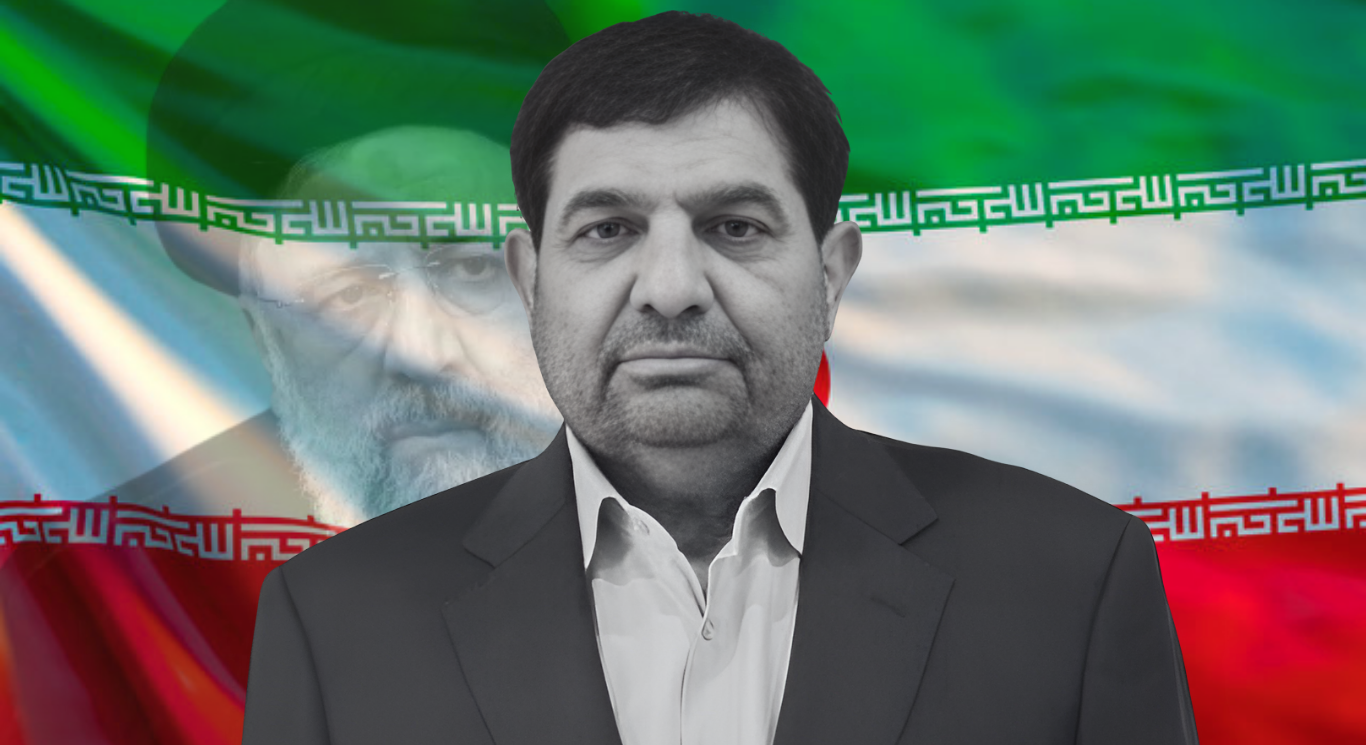
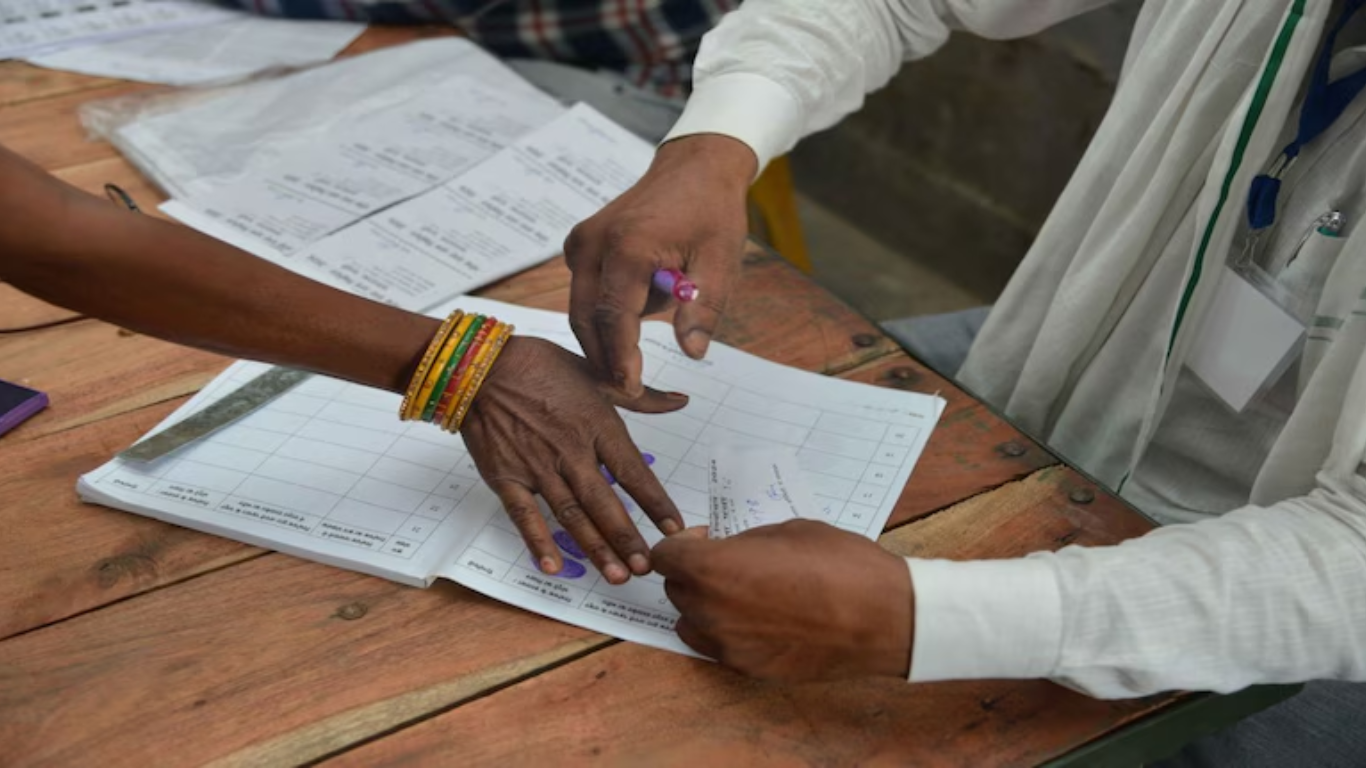
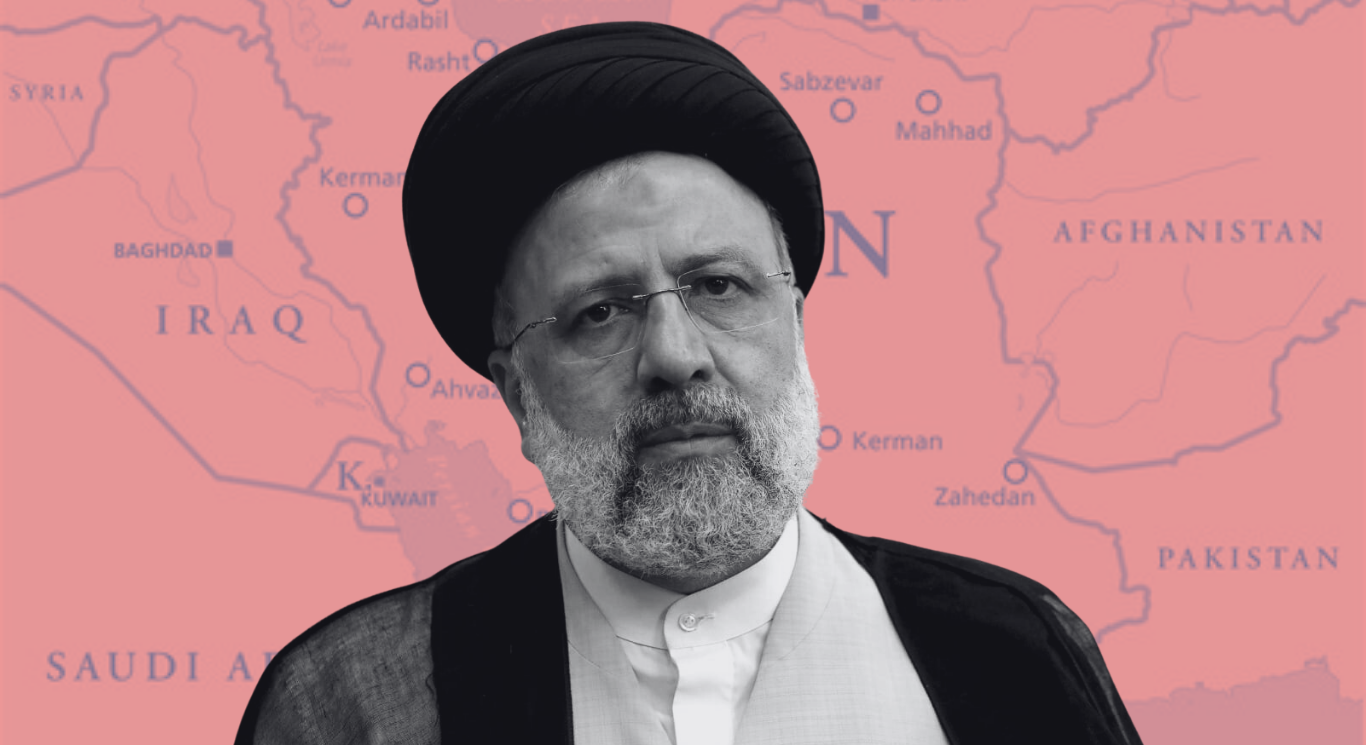

The Delhi High Court has dismissed a Public Interest Litigation (PIL) that sought direction from the Union of India and others to officially disclose the details of Designated Officers of intermediaries like Google, X (formerly Twitter), and Facebook.
In an order issued on February 13, 2024, the bench of Justice Manmohan and Justice Manmeet Pritam Singh Arora stated that with the appointment of Grievance Officers by the Intermediaries under Rule 3(2) and the establishment of Grievance Appellate Committees under Rule 3A of the 2021 Rules, the public now has access to a robust grievance redressal mechanism for regulating any potentially problematic news or posts, as mandated by Rule 3(1)(b) of the 2021 Rules.
The Court further explained that the grievance raised by the Petitioner in this PIL has been resolved, as the Petitioner did not contest the existence and effectiveness of the grievance redressal mechanism.
Under Rule 3(2) of the 2021 Rules, the list of Grievance Officers of the Intermediaries must be made public. Therefore, considering the notification of the Information Technology (Intermediary Guidelines and Digital Media Ethics Code) Rules, 2021, the relief sought in the petition is no longer relevant, the Court declared.
The petitioner, KN Govindacharya, represented by lawyers Virag Gupta, Vishal Arun Mishra, Harshita Nigam, and Umang Mangal, had argued for the formal notification of designated officer details by intermediaries, such as social media intermediaries, under Rule 13 of the 2009 Rules. Advocate Virag Gupta emphasized that disclosing these details would significantly aid the police and security agencies in combating cybercrimes against minors and issues related to national security.
However, the bench found no merit in the petitioner’s prayer regarding the disclosure of officer details under Rule 13 of the 2009 Rules. It clarified that the officer appointed under this rule is solely responsible for coordinating with the Designated Officer appointed by the Central Government under Rule 3 of the 2009 Rules.
The court also pointed out that under Rule 6 of the 2009 Rules, the details of the Nodal Officer (defined under Rule 2(f)) are required to be published on each organization’s website. The Nodal Officer, as per Rule 6, is authorized to receive complaints from the public regarding the blocking of access to any information on computer resources.
The bench concluded that with the notification and implementation of the Information Technology (Intermediary Guidelines and Digital Media Ethics Code) Rules, 2021, the grievance raised in the PIL has been resolved. The establishment of Grievance Officers and Grievance Appellate Committees under the 2021 Rules ensures a comprehensive grievance redressal mechanism for problematic content circulation, as mandated by Rule 3(1)(b) of the 2021 Rules.





